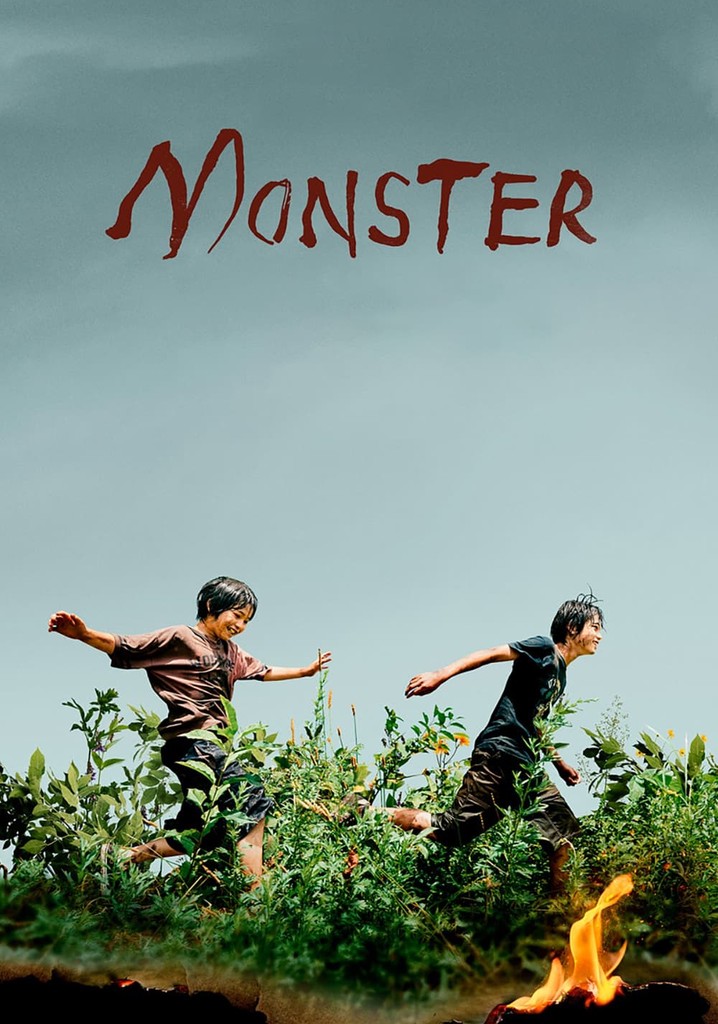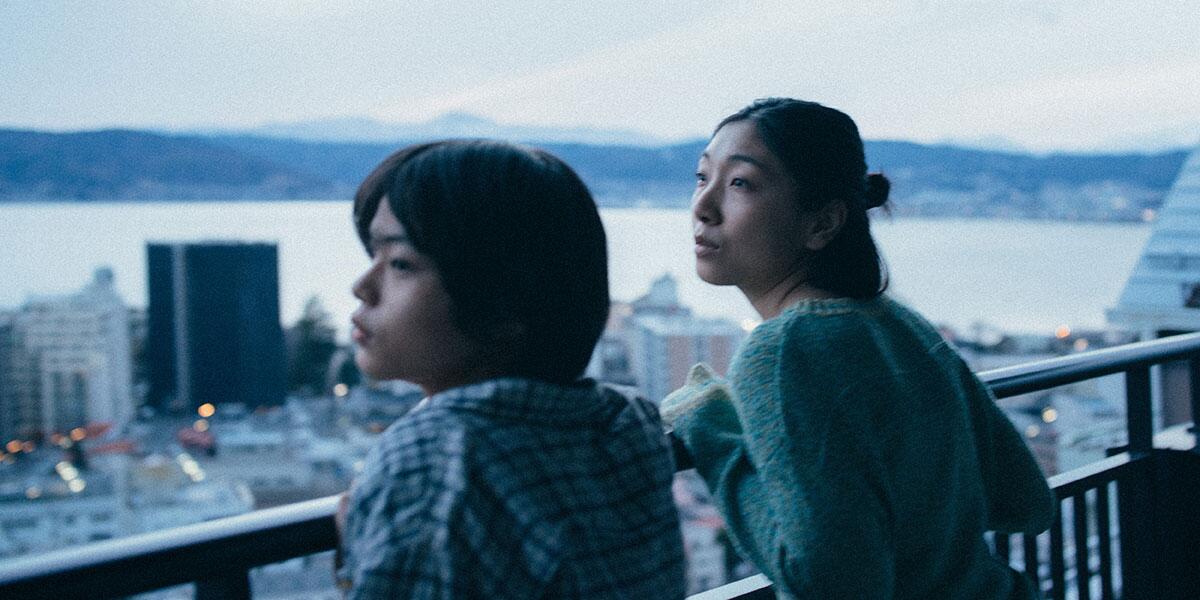
Monster is a return to form for veteran director and heartbreaker Hirokazu Kore-eda, who also helmed Nobody Knows, Broker, and the 2018 Oscar-nominated Shoplifters. The filmmaker contrasts childlike inquiry with adult expectations in his latest short. Because, although comprehending why someone would set fire to a dead cat may appear complex in Monster, wanting to know what happens when we die is a really basic subject.
A building is on fire; we don’t know why. A principal at an elementary school trips a kid at the grocery store; we don’t know why. A student gets in a fight with a classmate, leading to a messy altercation with a teacher; we don’t know why.
The Verge spoke with Hirokazu Kore-eda earlier this week, and they discussed the necessity of creating a setting for his films, how to achieve a story’s emotional climax, and why he’s so uncomfortable with strong male characters.

Monster’s structure is intriguing; with three acts, it nearly feels episodic. Yuji Sakamoto, the screenwriter, has mainly written for television. Did that change your approach to directing this film?
Many viewers of this film relate it to Akira Kurosawa’s Rashomon, which I believe is a mistake. But, in some of Mr. Sakamoto’s television series, for example, from episode one to four, it’s told from the woman’s point of view, and then from episode five on, it’s presented from the man’s point of view. In this way, he alters the perspective. As a result, when I read this script idea, I said to myself, “This is similar to what he has done in television series work.”
In the third act, you tie up a lot of the conceptual strands and also land the emotional moments. When you’re directing, how do you know when to deliver an emotional punch to the audience?
When I first read the screenplay, I assumed the emotional climax would take place in the music room, where the principle and protagonist perform music together. However, this was not in the screenplay when I shot the picture. When the mother and instructor start searching for the boys, they wipe away the muck on the abandoned train car. So it was another extremely cinematic method of depicting the conclusion from the parents’ point of view, in my opinion. I occasionally encounter an emotional sequence while shooting the film. And I do it while I’m filming it on-location, so to speak, in order to uncover that meaning.
It’s the scene in the third act where Yori Hoshikawa (Hinata Hiiragi) gets harassed and Minato Mugino (Soya Kurokawa) rushes to his rescue. That’s where I first felt it. Everything that follows is as awful.
Of course, when I first read the story concept, it was extremely engaging, and I noticed that Mr. Sakamoto clearly demonstrated what he meant, and that what was truly significant was the children’s world that they had constructed. So I focused all of my efforts on creating that world for the children.
Monster’s characters, young and elderly, all have a tortured sense of guilt. Did you find yourself offering different forms of instruction to these performers on site to portray that emotion?
The actors who played the instructor and the principal have a lengthy history of appearing in Mr. Sakamoto’s television plays. So they actually get what he’s trying to say and how to say it. I wasn’t worried since they knew how to do it much better than I did. They already knew the answers in their heads.
“Don’t show your emotion,” I advised the children, especially the lads. Display what you’re concealing. Consider what you don’t want others to know about you and how you would respond in that situation.” That’s exactly what I ordered them to do. They performed an excellent job, in my opinion.

For me, many of your films have felt queer in nature, if not in narrative. Monster struck me as one of your most forthright attempts at handling that debate. Can you explain how you went about tackling it?
What do you mean when you say you felt my films were queer in nature? How did you react to that?
When I think of the American films I’ve seen, there’s this poisonous masculinity performance. But there’s a gentleness to all the characters in your work, for example, in Broker, Shoplifters, and Nobody Knows. They have a human sensation.
I believe you’re asking how I perceive human connections, and you referenced the strong masculine role in American films, which I haven’t seen. That’s not how I grew up. So it’s difficult for me to identify with a strong masculine type figure, and I’m not at ease with a strong male protagonist. That is most likely why they do not appear.
